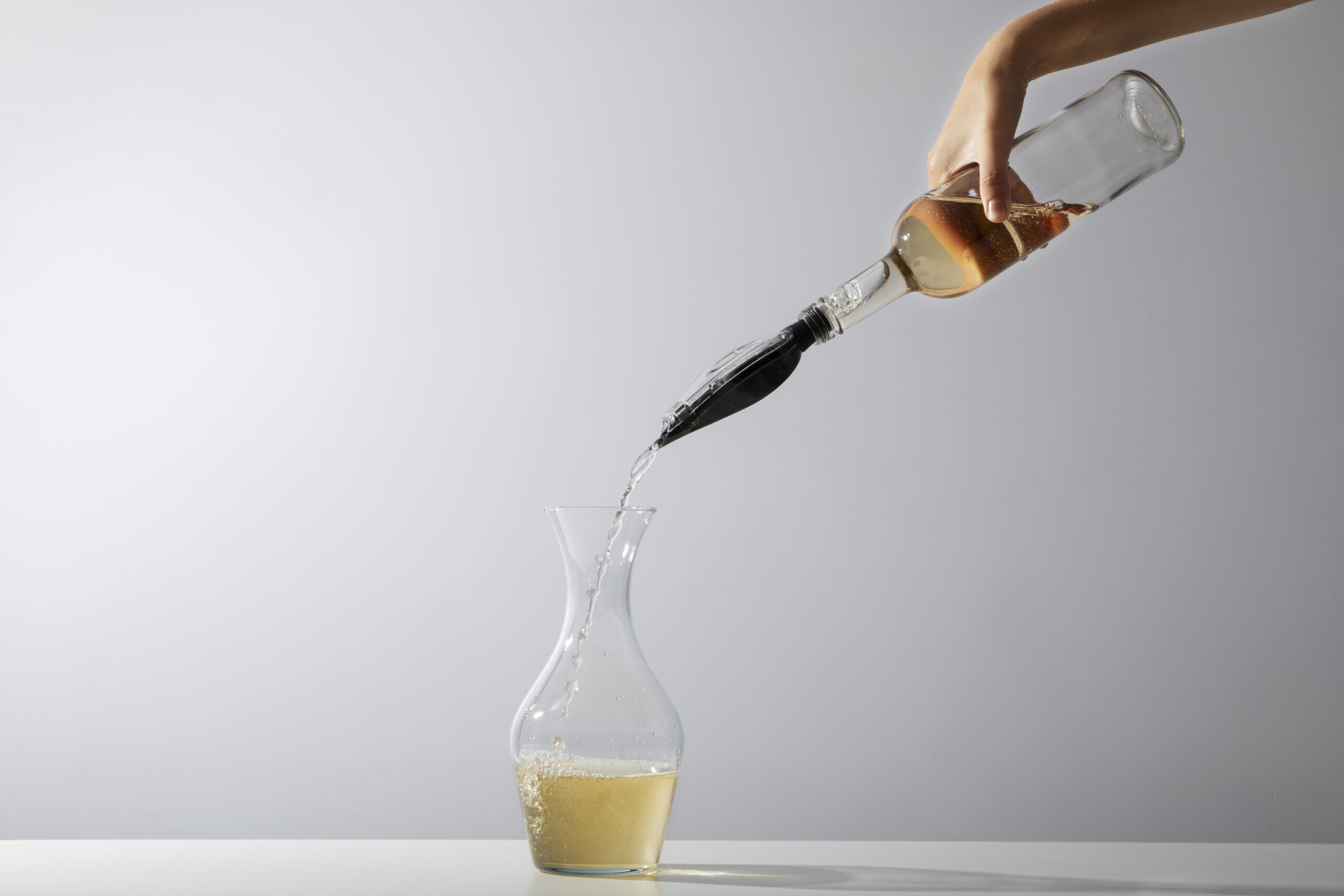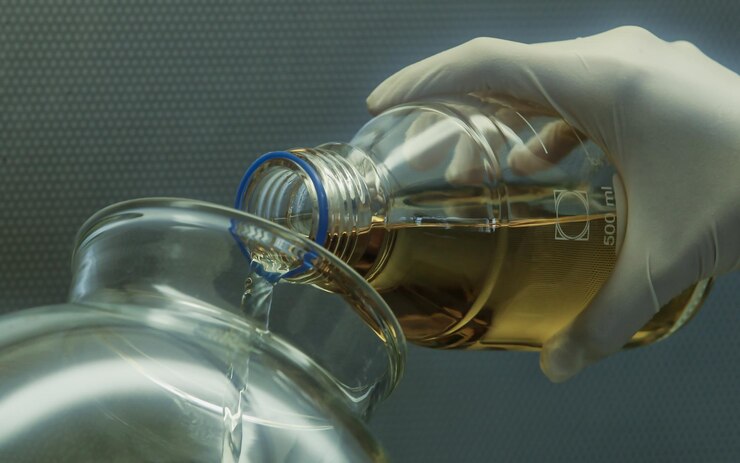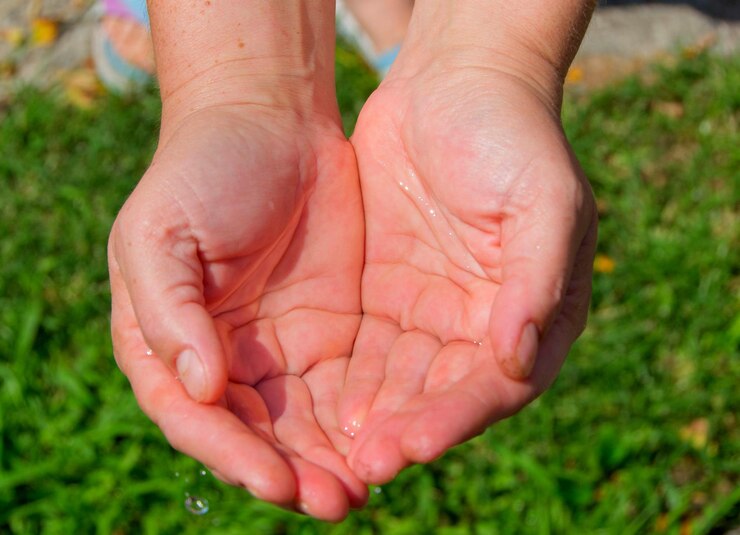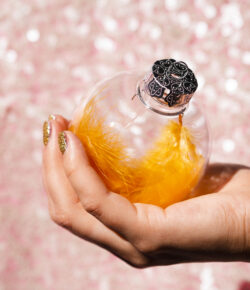04Nov
The Essence of Ethanol: Exploring Its Role in the World of Perfume

Ethanol may be best known as a renewable fuel source, but it’s also a key ingredient in an entirely different realm—the world of perfumes. This versatile alcohol has unique properties that make it an ideal solvent and carrier for fragrances. Let’s dive into the fascinating role of ethanol in perfumes, its benefits, and how it enhances the fragrance experience.
Understanding Ethanol in Perfumery
Ethanol, commonly known as ethyl alcohol, is a volatile alcohol that evaporates quickly and carries no scent of its own, making it an ideal base for blending aromatic oils and other fragrance components. Due to its chemical properties, ethanol can dissolve both essential oils and synthetic fragrances, allowing perfumers to create consistent, long-lasting scents. In most perfumes, ethanol concentrations range between 60% and 95%, depending on the fragrance strength (e.g., Eau de Parfum, Eau de Toilette).
Benefits of Using Ethanol in Perfume Production
1.Effective Solvent
Ethanol’s solubility is one of its biggest advantages. As a solvent, it effectively breaks down fragrance molecules, allowing them to be evenly distributed and helping complex fragrance compositions remain stable over time. This ensures that each spritz of perfume provides a consistent aroma.

2.Quick Evaporation for Scent Release
One of the most desirable qualities of ethanol in perfumes is its volatility. When applied to the skin, ethanol evaporates quickly, releasing the fragrance molecules into the air and leaving only the desired scent on the skin. This evaporation is what allows the perfume to transition through top, middle, and base notes, creating the layered experience that perfume enthusiasts love.

3.Non-Sticky Application
Ethanol-based perfumes dry quickly, leaving a non-sticky, non-oily feel on the skin. This enhances the user experience, as the perfume feels lightweight and pleasant, without any residue.

4.Preservation and Stability
Ethanol acts as a natural preservative, extending the shelf life of perfumes. By preventing the growth of bacteria and mold, ethanol ensures that fragrances retain their intended scent profile and potency, even after months or years of storage.

Ethanol’s Role in Perfume Layers and Longevity
Every fragrance unfolds in three layers:
- Top Notes:The initial scents released when the fragrance is applied, often light and fresh, like citrus or floral tones.
- Middle (Heart) Notes: These emerge after the top notes evaporate, forming the main character of the scent, often floral, spicy, or fruity.
- Base Notes: The long-lasting foundation of the fragrance, usually rich and deep, with notes like musk, vanilla, or amber.
Ethanol enhances the development of these layers by providing an ideal medium for the scent molecules to interact with the skin’s warmth and release at different rates. This gives wearers the complex and evolving scent experience that high-quality perfumes are known for.
Sustainable Ethanol in Perfumes: A Growing Trend
As sustainability takes center stage across industries, perfumes are no exception. Many perfume manufacturers are turning to renewable ethanol sources—derived from plants like corn or sugarcane—to create environmentally friendly scents. By opting for bioethanol, perfumers can reduce the carbon footprint associated with traditional ethanol production, aligning with consumers’ growing demand for sustainable products.
How to Choose an Ethanol-Based Perfume
- Eau de Cologne (2-5% fragrance concentration): A lighter scent, ideal for a fresh, temporary aroma.
- Eau de Toilette (5-15%): More concentrated, offering a mid-range scent that lasts several hours.
- Eau de Parfum (15-20%): A rich and lasting fragrance that can linger all day.
- Perfume/Extrait de Parfum* (20-40%): The most concentrated form, with maximum longevity and intensity.
The Future of Ethanol in Perfumes
In the evolving fragrance industry, ethanol remains a foundational ingredient. With innovations in sustainable ethanol sourcing and creative fragrance compositions, we can expect to see more perfumes that balance luxury with eco-conscious values. As consumers become more knowledgeable and discerning, the demand for high-quality, ethanol-based perfumes that reflect ethical and sustainable practices will only continue to grow.
In Conclusion
Ethanol in perfume-making is much more than a simple alcohol base; it’s the invisible backbone that allows each fragrance to shine. Its ability to dissolve, preserve, and enhance the scent experience makes it indispensable in the art of perfumery. Next time you spritz on your favorite scent, remember that ethanol is the subtle yet essential element enabling the fragrance to unfold and captivate.
Whether you’re a perfume enthusiast or simply looking for a signature scent, understanding ethanol’s role provides a deeper appreciation of the art and science that goes into every bottle.
Recent Posts
- Ethanol Screen Wash: A Winter Driving Essential
- Ethanol in Industrial Chemical Manufacturing: A Versatile Building Block for Innovation
- Ethanol as a Biofuel: Fueling the Future with Renewable Energy
- The Role of Ethanol as a Preserving Agent: Enhancing Shelf Life and Safety
- Ethanol in Paints and Varnishes: Enhancing Performance and Sustainability